Day programs
Intensive Outpatient Program (IOP) and Partial Hospitalization Program (PHP) are two types of structured outpatient treatment programs for individuals with behavioral health or eating disorder challenges. While both provide intensive treatment, there are some key differences:

Intensive Outpatient Program (IOP)
- Time commitment: IOPs typically involve 3-4 hours of treatment per day, 3-5 days a week.
- Living arrangement: Patients live at home and travel to the treatment facility for sessions.
- Intensity: IOPs are less intensive than PHPs but more intensive than traditional outpatient therapy.
- Treatment: Group therapy is the primary focus, with some individual therapy and skill-building sessions.
- Suitable for: Individuals who have a stable living environment and support system but require more structure than traditional outpatient therapy.
Partial Hospitalization Program (PHP):
- Time commitment: PHPs usually involve 6-8 hours of treatment per day, 5-7 days a week.
- Living arrangement: Patients live at home but spend most of their day at the treatment facility.
- Intensity: PHPs are more intensive than IOPs and provide a structured environment similar to an inpatient program.
- Treatment: A combination of group therapy, individual therapy, and other therapeutic activities like skill-building and psychoeducation.
- Suitable for: Individuals who need more structure and support than an IOP provides but do not require 24-hour medical supervision.
Both programs aim to help individuals manage their symptoms, develop coping skills, and improve their overall functioning. The choice between an IOP and PHP depends on the severity of the individual’s condition, their support system, and their ability to manage symptoms outside of the treatment setting.
We offer a few different tracks in our Day programs, and our admissions team will help you or your loved one find the right fit based on the acuity level of the presenting problem. Acuity level is the impact of the disorder on the client’s ability to function in their daily life. We view all disorders on a spectrum of complexity and severity.
Mental Health (MH) Track:
This track stabilizes mental health challenges. A mental disorder is characterized by a clinically significant disturbance in an individual’s cognition, emotional regulation, or behavior.
Eating Disorder (ED) Track:
This track focuses on a disturbance in eating behavior that impairs a person’s ability to nourish their body. This program treats the whole spectrum of eating disorders.
Although we have found that ED and/or SUD are often co-occurring and mutually present with mental health challenges, the treatment team will help you or your loved one discover which disorder presents with the highest acuity level and which track will best serve the client’s needs.
We Accept Most Major Insurances



We are continuously working to add insurance providers. If your insurance provider is not listed here, please contact us.